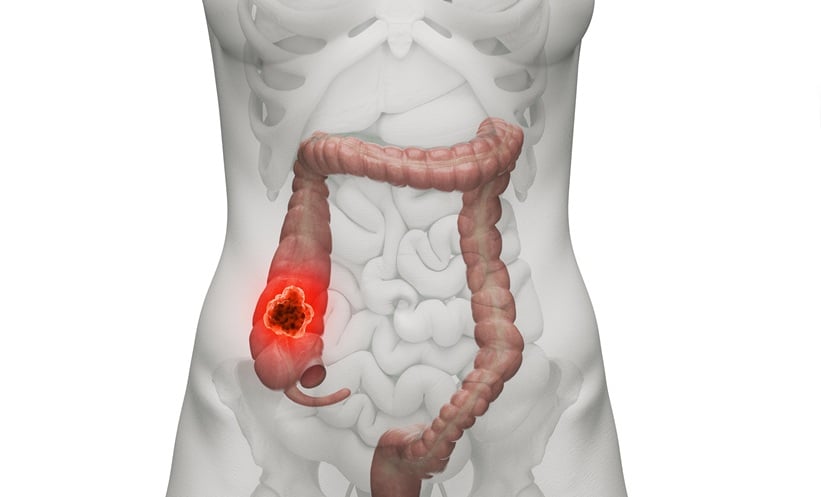AFRICAN American men with metastatic castrate-resistant prostate cancer (mCRPC) may experience better outcomes than white men when treated with radium-223 (Ra-223) dichloride, according to a study presented at the Radiological Society of North America (RSNA) annual meeting.
The research, conducted by a team at the University of Mississippi, USA, highlighted “paradoxical” findings. Despite facing significant healthcare disparities, African American patients treated with Ra-223 showed improved overall survival rates.
“The improved survival is likely due to protective biological and genetic factors, even in the face of substantial health challenges,” the researchers explained in their December 3 presentation.
Prostate cancer is the second most common cause of cancer-related death in men in the United States. Incidence among African American men is about 70% higher than in white men. Ra-223 dichloride, marketed as Xofigo, is a treatment for mCRPC patients with bone metastases but no visceral metastases.
Mississippi, where the study was conducted, has some of the worst cancer survival rates in the USA. Social determinants of health (SDOH), such as income, healthcare access, and travel distances for treatment, play a significant role in shaping outcomes. However, few studies have examined how these factors intersect with race in mCRPC treatment.
The research reviewed the cases of nine patients (six African American and three Caucasian) treated with Ra-223. Despite small sample sizes, key findings included:
- Travel Distance: 66.7% of African Americans and 50% of Caucasians travelled over 50 miles for treatment.
- Economic Disparities: 66.7% of African Americans lived in cities with an average income below $35,000, compared to 33.3% of Caucasians.
- Complications: Caucasians experienced more treatment-related side effects (66.7% vs. 33.3%), while African Americans had higher rates of anaemia (100% vs. 16.7%).
Following treatment, African American patients had a median survival of 14 months, compared to 11 months for Caucasians.
The researchers emphasised that further studies with larger populations are necessary to confirm these findings, which challenge conventional assumptions about healthcare disparities and cancer outcomes.
Victoria Antoniou, EMJ
Reference
Yang J et al. RSNA Annual Meeting, 1–4 December, 2024.








